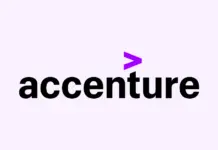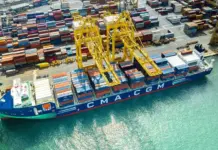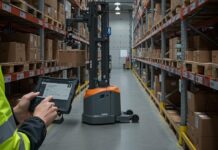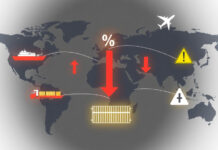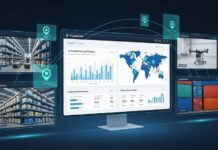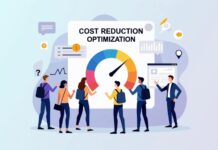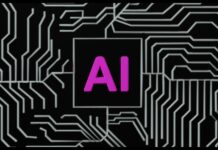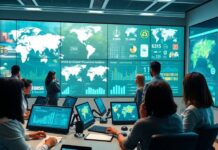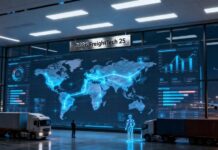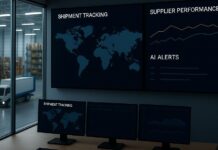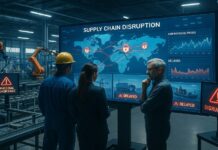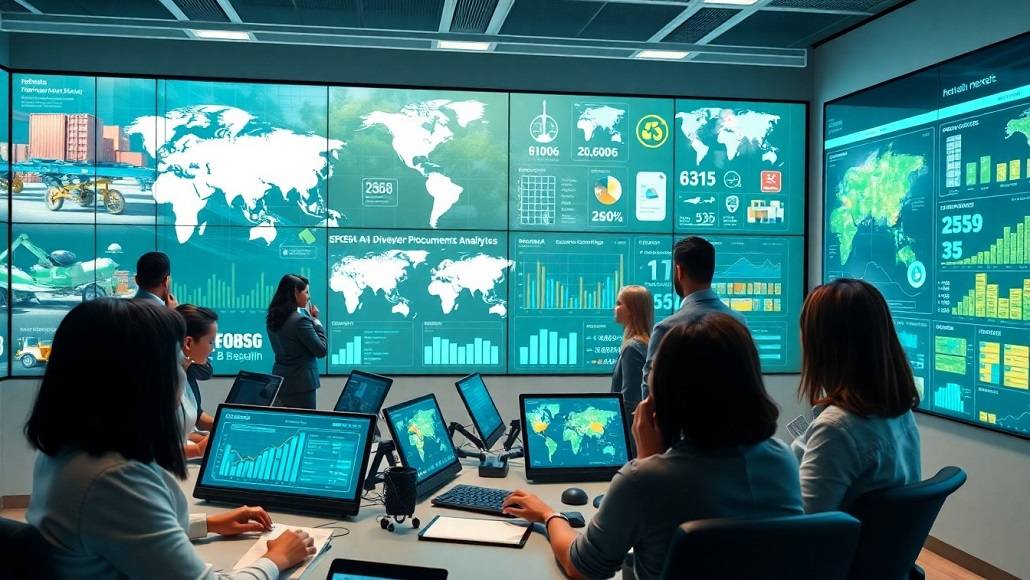In the ever-evolving world of global trade and supply chain management, procurement has become a critical and dynamic function. Procurement now goes beyond buying goods and services; it is the intersection of strategy, sustainability, and innovation. In the future of procurement, we will need to create core competencies and embrace innovation capabilities to deal with accelerated technology, customer expectations, and ever-changing global market disruptions.
As companies get ready for the coming years, procurement professionals are being asked to meet a two-pronged challenge: master their core competencies and develop new, technology-based skills. Blending these skills guarantees not just the robustness of supply chains but also their ability to adapt to an ever more volatile environment.
Core Competencies in Procurement
Core competencies are foundational to procurement and are still necessary for enabling efficiency, cost savings, and operational consistency in supply chains. Core competencies are the fundamental resources upon which procurement activity is built. Core competencies are maintained under continuous improvement as part of the best practices for procurement functions.
- Strategic Sourcing and Supplier Relationships
Strategic sourcing has been a pillar of procurement all along. It involves finding, assessing, and choosing suppliers who share the long-term interests of the organization to guarantee a steady supply of goods and services. In our competitive times, procurement professionals need to build solid supplier relationship management (SRM) practices to ensure trust, collaboration, and mutual value throughout the supply chain.
Good supplier relationships are especially important in times of disruption, as they can provide privileged access to limited resources and assist with the management of risks. Contemporary procurement prioritizes value, not price, and attempts to build partnerships that create sustainable and innovative solutions instead of cost-cutting in the short term.
- Negotiation Skills and Cost Management
Successful negotiation is still the most important skill in procurement. In addition to achieving good prices, procurement professionals today have to deal with sophisticated terms of contracts that cover quality, compliance, and risk-sharing. Developing negotiation skills enables practitioners to achieve balanced terms that serve both the organization and its suppliers.
Cost management is also a key area of emphasis. Procurement organizations should have a total cost of ownership (TCO) mindset, factoring in transportation, maintenance, and disposal expenses throughout the life of a product or service. This end-to-end perspective guarantees better-informed decision-making as well as financial sustainability in the long run.
- Risk Mitigation and Compliance
In an unpredictable global context, risk mitigation has become obligatory in procurement. Professionals need to be able to identify and manage risk, whether it arises from geopolitical implications, natural disasters, or insolvency risk with suppliers. Contingency planning, supplier diversity ,and increased use of data analytics for risk prediction have now become fundamental components of every procurement strategy.
Compliance, also, is a critical aspect of contemporary procurement. Rules and regulations, changing trade legislation, and corporate social responsibility norms necessitate transparency and accountability from procurement teams. Compliance with these rules not only insulates the business from legal action but also improves its reputation in the market.
Emerging Abilities Reshaping Procurement
Beyond core competencies, procurement can further develop by embedding new capabilities connected with technology, data, and innovation. These new capabilities will empower procurement professionals to lead strategic change and ultimately deliver increased value for the supply chain.
- Data-Driven Decision Making
Data analytics is transforming procurement, changing the way professionals engage in sourcing, negotiation, and supplier management. By capturing the immense power of big data, procurement teams are better able to find insights about market trends, supplier performance, and cost structures, which helps them make better and proactive decisions.
Predictive analytics, specifically, is turning out to be a game-changer. With the help of past data and pattern recognition, procurement professionals can predict demand, anticipate supply chain disruptions, and improve inventory levels. The capability of being able to predict and respond to future events guarantees more efficiency and resilience in procurement processes.
- Digital Transformation and Procurement Technologies
The digital era has brought in a series of technologies transforming procurement practices. From automation to artificial intelligence (AI), the technologies are making processes more efficient, decreasing manual labor burdens, and enhancing decision-making accuracy.
Robotic process automation (RPA) is automating routine operations like generating purchase orders, processing invoices, and managing contracts. This empowers procurement professionals to engage in more strategic endeavours, which unleash more value for the firm.
AI-based platforms are offering smart supplier selection, real-time price analysis, and autonomous risk assessments. Similarly, blockchain is providing enhanced transparency and traceability across procurement categories, especially in categories where compliance and ethical sourcing are paramount.
- Sustainability and ESG Integration
As businesses have sustainability becoming an integral priority, procurement is taking a leading position in initiating environmental, social, and governance (ESG) activities. Sustainable procurement goes as far as selecting suppliers that give high value to renewable energy, green materials, and ethical labor standards. Not only do these initiatives reinforce the organizational ESG objectives but also align with consumers who expect socially responsible business models.
Green purchasing practices are becoming more popular in industries, with organizations looking to minimize their carbon signatures through environmentally friendly sourcing. Circular economy approaches around resource optimization and waste reduction are becoming more prominent in sustainable procurement approaches.
The Intersection of Core Competencies and New Abilities
Circular economy approaches around resource optimization and waste reduction are becoming more prominent in sustainable procurement approaches. Those who master classic skills while accepting digital transformation, data analysis, and sustainable future of procurement will be at the forefront of staying ahead in today’s complex supply chains.
Table: Integrating Core and New Competencies in Procurement
| Competency Area | Core Competencies | Emerging Abilities |
| Supplier Management | Strategic sourcing, relationship management | Predictive analytics, AI-driven selection |
| Cost Efficiency | Negotiation, TCO analysis | Dynamic pricing tools, blockchain |
| Risk and Compliance | Risk mitigation, regulatory adherence | Data-driven risk modeling, AI assessments |
| Sustainability | Ethical sourcing, compliance | ESG integration, circular economy models |
This convergence of traditional and new skills mirrors the changing role of procurement as a driver of organizational success. This combined approach will allow procurement teams to be more agile, more innovative, and more sustainable in the way they work.
Future Challenges and Opportunities in Procurement
The future is both daunting and bright for procurement professionals. Rapid changes in technology, evolving consumer expectations, and global instability will require continual adaptability and innovation.
Challenges in Navigating Complexity
As global supply chains become increasingly intricate, procurement functions have to contend with geopolitical tensions, volatile raw material prices, and shifting trade regulations. Addressing these uncertainties needs a dynamic and foresight-oriented strategy, supported by state-of-the-art tools and techniques.
Moreover, the incorporation of new technology poses challenges of its own. From the implementation cost to upskilling requirements, organizations have to spend resources on ensuring effective adoption and use of digital solutions in procurement.
Opportunities in Driving Strategic Value
While these obstacles exist, procurement professionals are best placed to create strategic value for their organizations. Through innovation and collaboration with internal and external stakeholders, procurement functions can realize improved efficiencies, maintain supplier partnerships, and create a competitive advantage.
As sustainability becomes more prominent, the procurement function will continue to amplify its ability to shape the future. Organizations are placing more emphasis on social and environmental responsibility, which means procurement teams can be effective if they lead with supply chain digitization and promote greener and more ethical supply chains that align with global sustainability ambitions.
Conclusion
The future of procurement is intended to be a continual synthesis of existing staples and new capabilities, mirroring the continents of change disrupting supply chains worldwide. The important, core capabilities of procurement, such as strategic sourcing, negotiation, and risk management, will still be essential and at the same time procurement professionals must embrace new capabilities such as data analytics, digital transformation, and embedding ESG.
By blending these skills, procurement teams can attain operational excellence, respond to the intricacies of the market, and create sustainable value throughout the supply chain. As pressures placed upon procurement continue to evolve, professionals who are committed to lifelong learning and creative thinking will be instrumental in forging the future of global trade and commerce.


